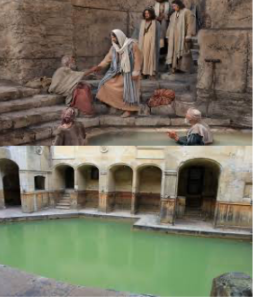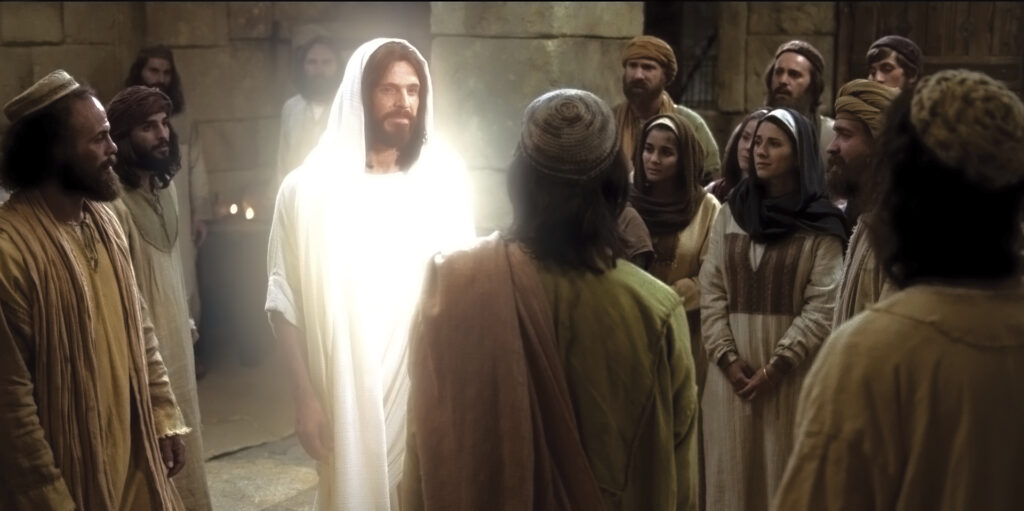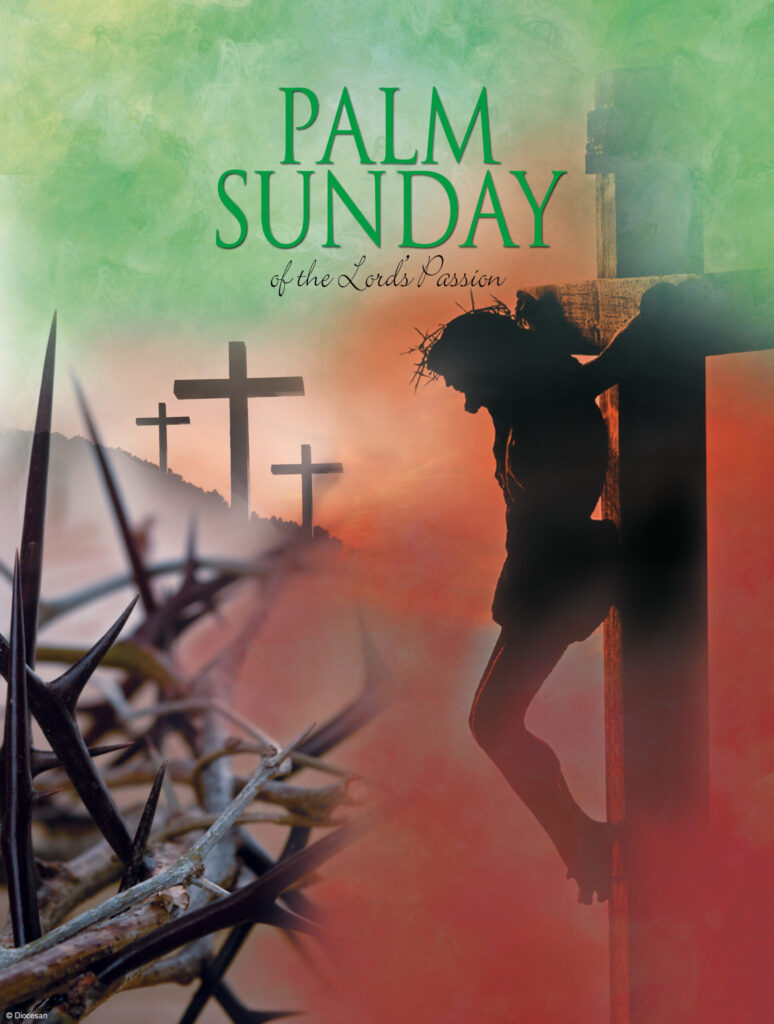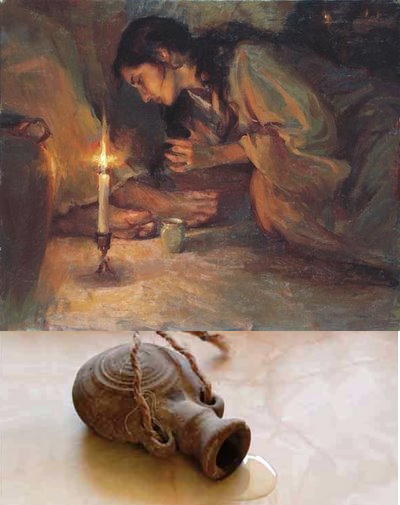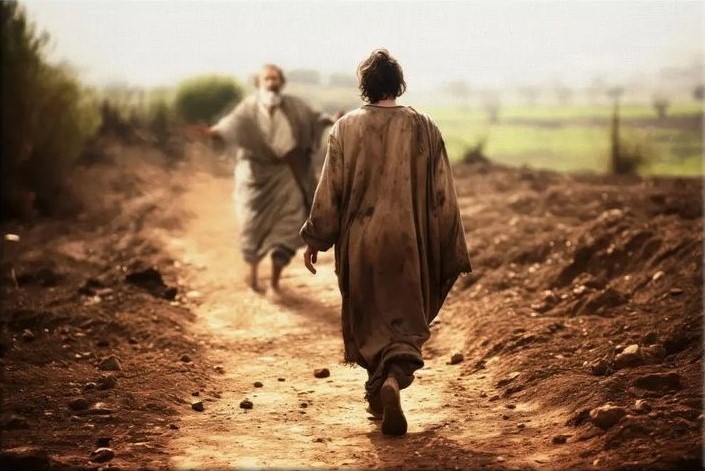JESUS’ PRAYS FOR OUR ETERNAL LIFE SPIRITUAL PROTECTION
JESUS’ PRAYS FOR OUR ETERNAL LIFE SPIRITUAL PROTECTION Excerpts from my Red Rock News Religion Column May 30th, 2025 Rev. Dona Johnson |June 1, 2025 There are many prayers sprinkled throughout Scripture, however one of the most powerful prayers, is known as the “High Priestly Prayer” (John 17). The prayer takes up an entire chapter. From it, we learn that the world is a tremendous battleground where the forces under Satan’s power and those under God’s authority are at war. For Jesus, his earthly life and mission had reached a climax, and that was the cross. Rather than spend his last days teaching about the kingdom, in John’s account, we are told he stops to pray. And this prayer isn’t drab nor is it a gloomy prayer, instead it is a deeply touching prayer, spoken with tender compassion and triumphant expectation. Jesus prays that through his death on the cross, for those whom God chose to give him, he wants them to have eternal life. And what is eternal life but to know God. As Jesus faces death, dying is not on his mind. No, his heart is focused on his beloved disciples and the generations of disciples to come. He is praying for them and for us, for our eternal life and spiritual protection. He is praying that we don’t get seduced by the ways of the world and lose the saltiness of our faith. That our lives will bear witness to a Christ-like character! William Barclay commenting on John 17 writes, “It is one of the facts of history that again and again it was in death that the great ones found their glory. It was when they died, and how they died which showed people what and who they really were.” When Mother Teresa died, by the world standards she was a woman of profound poverty. Her toes were all twisted and curled from years of caring for all the children in the orphanages of Calcutta. In her closet hung two saris and a pair of sandals. That is all she owned. But at her death, she was given a state funeral and Christians and world leaders came from around the world to pay their deepest respects. And the same thing can be said for Abraham Lincoln when he died. Although Abraham Lincoln had acquired many enemies during his presidency and the civil war period, after his assassination, William Stanton, Lincoln’s war minister, who thought Lincoln crude and held contempt for man looked down at the dead president and said, “There lies the greatest ruler of men the world has ever seen.” Martin Luther King, whose message was communal brotherhood and who saw religion as a widely influential vehicle for promoting inalienable rights, his life was cut short in one single shot. These are just a few examples of how a person’s message; earthly character and persona is magnified and multiplied in death. And so it was especially for Jesus. One questions for every Christian is this: what spiritual legacies will you leave behind in the hearts and minds of the people you surrounded yourself with—family, friends and coworkers? What will be the message of your life that lives on? Jesus’ prayer is not to us out of the world but instead to use us in the world. He longs for the day that we know God, to bask in his presence and revel in his courage. He longs for the day when his followers cease the joy of eternal life now. To possess it, to boldly enter into it, to take hold of it with the unity of heart, mind and will. Jesus longs for the day when our lives take on more and more of his Christlike character. And so, it is utterly amazing when you stop to consider, that Jesus was praying for you and I 2000 years ago, and he hasn’t stopped praying and interceding—for his love for us is fiercely devoted and unchanging.Heavenly Father, before you created me, you prayed forth my name and you continue to pray for my eternal life and protection. Help to leave behind a faithful spiritual legacy. Amen. Rev. Dona Johnson |June 1, 2025
JESUS’ PRAYS FOR OUR ETERNAL LIFE SPIRITUAL PROTECTION Read More »


